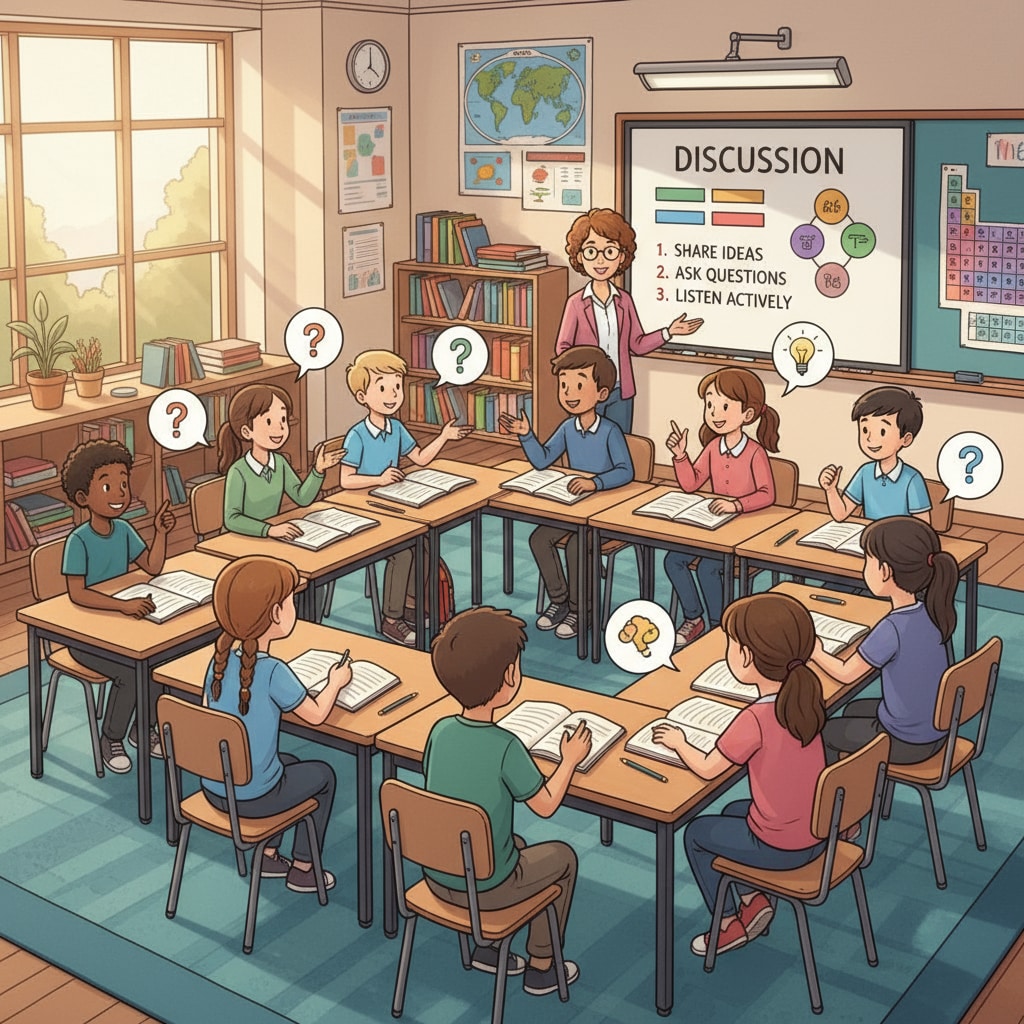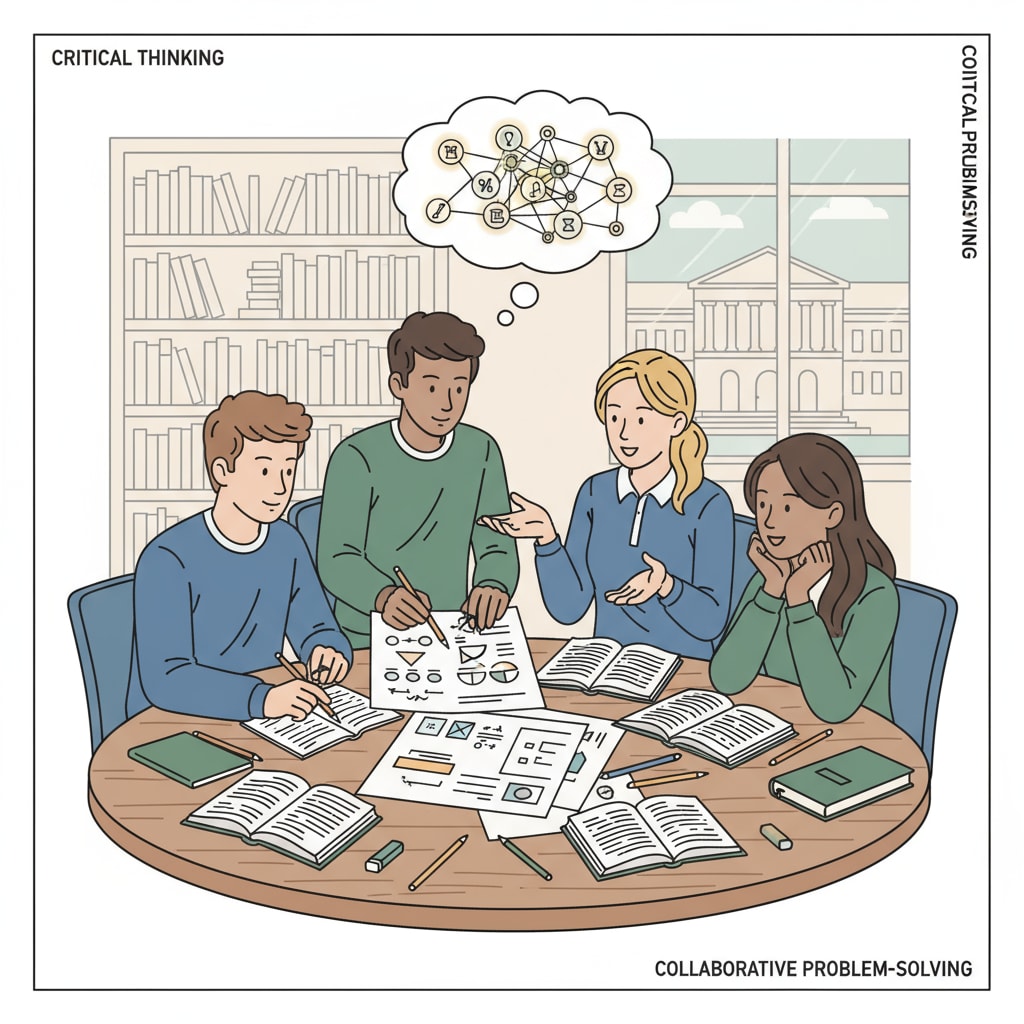Education, lifelong learning, and success are inherently linked, and the K12 education phase plays a pivotal role in fostering the ability to learn throughout one’s life. This ability can significantly influence a student’s future achievements.

The Foundation of Lifelong Learning in K12
During the K12 years, educators have the responsibility of instilling the seeds of lifelong learning. It all starts with creating a positive learning environment. For example, a classroom filled with colorful displays, comfortable seating, and access to various learning materials can inspire students to explore. According to Britannica, a well-structured educational setting encourages curiosity.

Cultivating Learning Motivation
Motivation is the driving force behind lifelong learning. In K12, teachers can use a variety of methods to boost students’ motivation. Setting achievable goals is one such way. When students see that they can reach certain milestones, they are more likely to stay engaged. As a result, they develop an intrinsic desire to learn. For instance, a teacher might set a goal for students to read a certain number of books in a semester, rewarding them with small incentives. This not only encourages reading but also instills a love for learning.
Another aspect is making learning relevant to students’ lives. When students understand how what they are learning applies to real-world situations, they become more motivated. For example, teaching math through practical examples like calculating shopping discounts can make the subject more appealing.
The Power of Critical Thinking
Critical thinking is a key component of lifelong learning. In K12 education, educators should encourage students to question, analyze, and evaluate information. This helps them become independent learners. By teaching students to think critically, they are better equipped to handle new challenges throughout their lives. Wikipedia states in its article on critical thinking that it is an essential skill for problem-solving.
Teachers can use activities such as debates and case studies to develop critical thinking. In a debate, students have to research, form arguments, and defend their positions. This not only sharpens their thinking skills but also enhances their communication abilities.
Building Autonomous Learning Habits
Autonomous learning is crucial for lifelong success. In K12, students should be taught how to learn on their own. This includes skills like time management, setting study schedules, and using resources effectively. For example, students can be taught to use the library, online databases, and educational apps to expand their knowledge.
Once students develop these autonomous learning habits, they are more likely to continue learning outside of the classroom. This self-directed learning can lead to greater success in their future academic and professional endeavors.
In conclusion, education, lifelong learning, and success are deeply connected. The K12 education phase is the ideal time to cultivate the qualities of a lifelong learner. By focusing on learning motivation, critical thinking, and autonomous learning habits, educators can help students build a strong foundation for a successful future.
Readability guidance: The article uses short paragraphs and lists to summarize key points. Each H2 section provides a list of relevant ideas. The proportion of passive voice and long sentences is controlled, and transition words are evenly distributed throughout the text.


